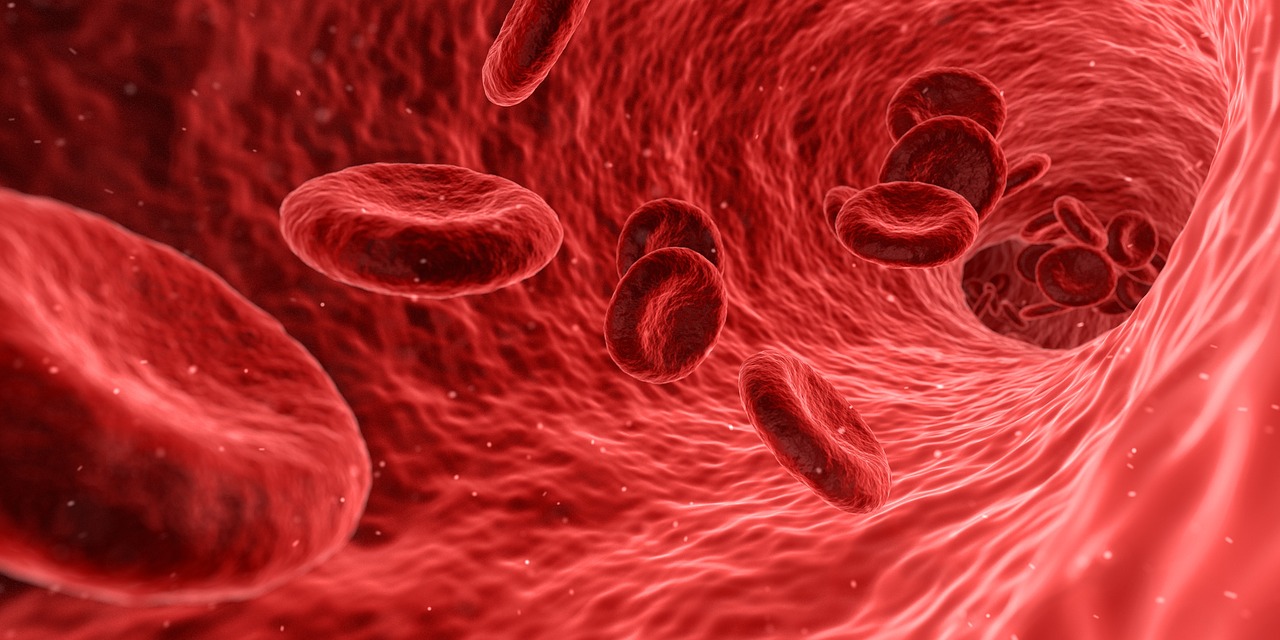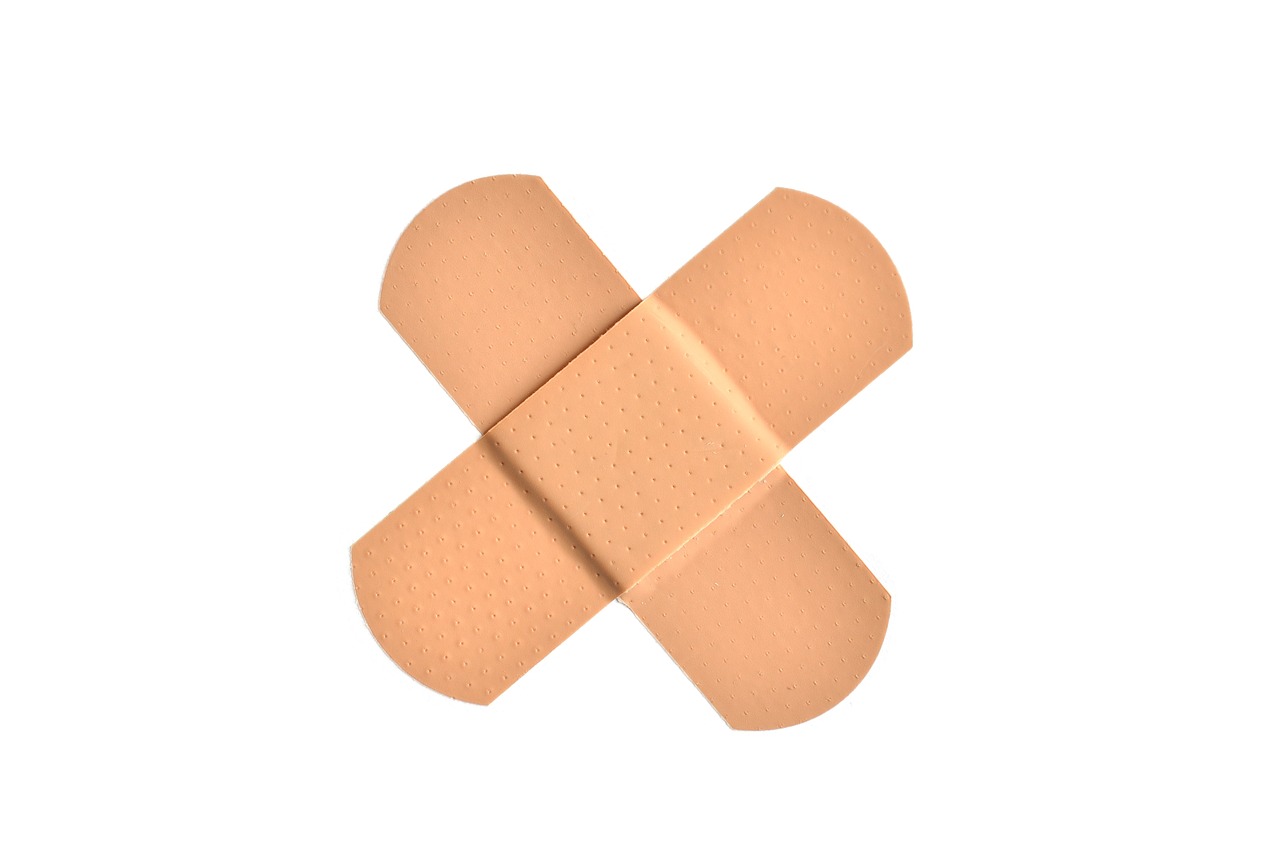
Do you feel better when you journal? Do you think better? Evidence would say that you do! Whether you use it to increase mindfulness and memory or to heal from difficult life events, research shows that journaling improves mental, emotional, and even physical health in many ways.
1. Improved Immunity…and Everything Else
 According to this article by Intermountain Healthcare, people who journal consistently report strengthened immunity to disease. Journalers also reported eased rheumatoid arthritis and asthma symptoms, lower blood pressure, and even improved lung and liver function. From this study performed at the University of Texas, psychologist and researcher James Pennebaker concludes that these conditions correspond to stress, which daily journaling does wonders in managing.
According to this article by Intermountain Healthcare, people who journal consistently report strengthened immunity to disease. Journalers also reported eased rheumatoid arthritis and asthma symptoms, lower blood pressure, and even improved lung and liver function. From this study performed at the University of Texas, psychologist and researcher James Pennebaker concludes that these conditions correspond to stress, which daily journaling does wonders in managing.
2. Better Memory
 Simply the act of recalling daily events during a journal entry, reflecting on them, and reading back through these events improves memory (the more times you try to remember, the more you successfully remember)! Plus, the act of writing triggers visual and physical memory, thus reinforcing the memories and thoughts in your head.
Simply the act of recalling daily events during a journal entry, reflecting on them, and reading back through these events improves memory (the more times you try to remember, the more you successfully remember)! Plus, the act of writing triggers visual and physical memory, thus reinforcing the memories and thoughts in your head.
3. Creativity
 Blogger Julia Cameron advises you write three pages in our journals as soon as we wake up every morning to boost creativity and thought-flow. However, this isn’t normal writing. The key to increasing creativity through journaling is stream-of-consciousness writing. So, set a timer or a page limit and let the pen (or keys) fly with no judgment, correction to spelling, or reflection on your thoughts. When you’re done, you can read through what you wrote and you may be surprised at what you actually think! Plus, your mind will feel freer and clearer to problem-solve and think through ideas.
Blogger Julia Cameron advises you write three pages in our journals as soon as we wake up every morning to boost creativity and thought-flow. However, this isn’t normal writing. The key to increasing creativity through journaling is stream-of-consciousness writing. So, set a timer or a page limit and let the pen (or keys) fly with no judgment, correction to spelling, or reflection on your thoughts. When you’re done, you can read through what you wrote and you may be surprised at what you actually think! Plus, your mind will feel freer and clearer to problem-solve and think through ideas.
READ: How to Journal When You HATE Journaling
4. Healing
 Anyone who has attended therapy for a mental illness, an eating disorder, or post-traumatic stress disorder (PTSD) knows that journaling is key to recovering from painful experiences, processing hard emotions and becoming mindful of mental progress. Even if you do not struggle with mental illness, journaling about painful experiences has been proven to strengthen physical health as well as calm fears. The same James Pennebaker who researches the health benefits of journaling states that translating our fears and concerns into language “makes them graspable.”
Anyone who has attended therapy for a mental illness, an eating disorder, or post-traumatic stress disorder (PTSD) knows that journaling is key to recovering from painful experiences, processing hard emotions and becoming mindful of mental progress. Even if you do not struggle with mental illness, journaling about painful experiences has been proven to strengthen physical health as well as calm fears. The same James Pennebaker who researches the health benefits of journaling states that translating our fears and concerns into language “makes them graspable.”
5. Confidence
 According to this Ted Talk, recording and reflecting on positive experiences helps release endorphins and dopamine and improves confidence. Thus, your journal can serve as a log of personal achievements that comes in handy when you’re feeling low. Not only that, but honoring your thoughts and feelings by writing them down helps increase your sense of identity and purpose.
According to this Ted Talk, recording and reflecting on positive experiences helps release endorphins and dopamine and improves confidence. Thus, your journal can serve as a log of personal achievements that comes in handy when you’re feeling low. Not only that, but honoring your thoughts and feelings by writing them down helps increase your sense of identity and purpose.
6. Goal Achievement
 Speaking of purpose, journaling can help us remember what we want and how to get it. When we write about our desires and goals, we get better at achieving them. When we write something down, we signal to our brain and memory that it is important and worth remembering. In a Harvard study, researchers discovered that students who wrote their goals out (and reported goal progress to someone else) were significantly more likely to achieve them.
Speaking of purpose, journaling can help us remember what we want and how to get it. When we write about our desires and goals, we get better at achieving them. When we write something down, we signal to our brain and memory that it is important and worth remembering. In a Harvard study, researchers discovered that students who wrote their goals out (and reported goal progress to someone else) were significantly more likely to achieve them.
7. Improved Verbal Communication
 When writing, our brain learns to translate elusive, racing thoughts into understandable and concise language. This undoubtedly has a positive effect on how we speak and communicate with others, as this Stanford study found. Because journaling is largely an exercise in speaking to oneself, it can be no wonder that we get better at speaking to others clearly and honestly when we get practice!
When writing, our brain learns to translate elusive, racing thoughts into understandable and concise language. This undoubtedly has a positive effect on how we speak and communicate with others, as this Stanford study found. Because journaling is largely an exercise in speaking to oneself, it can be no wonder that we get better at speaking to others clearly and honestly when we get practice!





